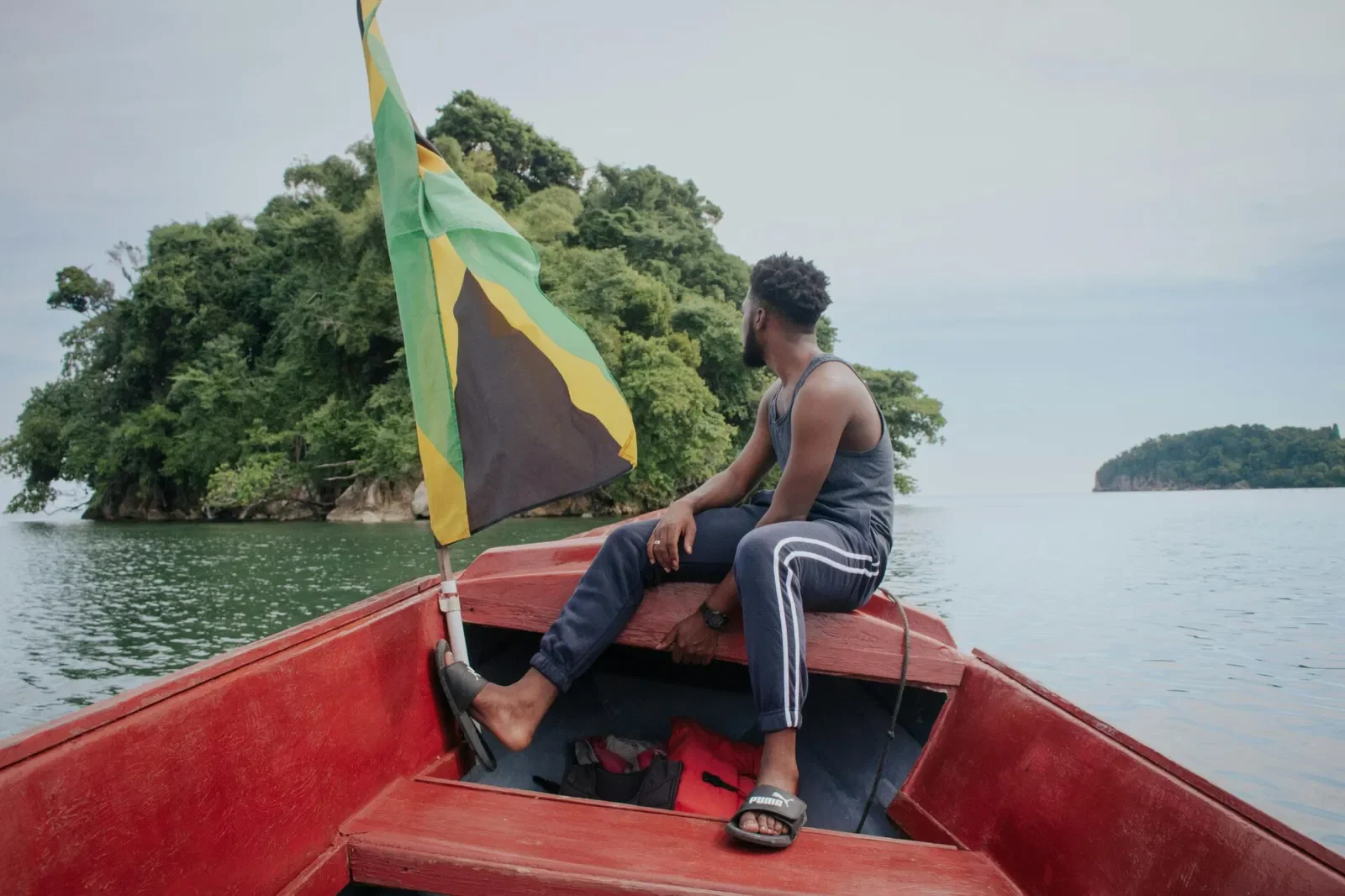Africa-Caribbean Postcards (June 2025) - By Yasmin Minnis
Will King Charles Pay For The Past?
Jamaica has officially asked King Charles III to help clarify the UK’s role and responsibility in reparations for slavery and its colonial past. Prime Minister Andrew Holness submitted the request as part of a broader movement for reparative justice, led by CARICOM nations (a regional organisation in the Caribbean that work together to promote economic integration, coordinate foreign policy and support development across the region).
Jamaica is seeking formal accountability from European powers that profited from slavery1. If I may say, this is not spoken about enough. Britain alone extracted the modern equivalent of over £7.5 trillion. I don’t think I need to say anymore on that.
The Caribbean is undeniably still grappling with the deep-rooted consequences of slavery. From widespread poverty and underfunded public services to high crime rates, systemic inequality, and political corruption, the legacy of exploitation is far from over. Generational trauma, land dispossession, and economic dependency have left many communities stuck in cycles of hardship, while former colonial powers have yet to offer meaningful reparations.
The petition signals a shift from symbolic gestures to legal action, as Jamaica argues that the legacies of slavery continue to harm its people today. While royal apologies have made headlines in recent years, Jamaica’s message is clear: it’s time for concrete steps, not just words.
Enough To Arm A Small Army
Jamaica’s discovery of 233 guns and 40,000 rounds of ammunition, which were hidden inside an industrial water heater in Kingston2.
This discovery is part of an ongoing international investigation. The government credits recent investments in border security tech for the seizure and points to a 43% drop in homicides this year, which even led the U.S. to ease travel warnings.
But experts warn this cache reveals a deep crisis in gun trafficking that still threatens Jamaica’s safety, sparking talks about tougher penalties, including the return of capital punishment for traffickers. The battle against illegal guns is far from over.
Trump Initiates A Peace Deal For Mineral Resources
Trump is brokering a peace deal between Rwanda and the Democratic Republic of Congo. The 30-year conflict has its roots in the aftermath of the 1994 Rwandan genocide, when millions of refugees and armed groups crossed into eastern DRC3. This sparked ongoing violence fuelled by ethnic tensions, competition over natural resources, and involvement of various rebel militias.
The eastern DRC has suffered decades of instability, with frequent armed clashes causing massive displacement and humanitarian crises. The U.S.-mediated truce aims to reduce violence and foster cooperation. it includes provisions for the withdrawal of Rwandan troops from eastern Congo, cessation of support for armed groups, and the establishment of a joint security coordination mechanism.
Additionally, a regional economic framework is set to be launched within 90 days to attract Western investment in the mineral-rich region. Trump's administration emphasised the strategic importance of the agreement, highlighting access to Congo's mineral resources as a significant benefit for the United States. While the agreement marks a hopeful step toward peace, deep-rooted tensions, militia activity, and political challenges mean the road ahead is still tough. Whether this deal holds or just pauses the conflict remains to be seen.
Italy & The EU Launch a €1.2 Billion Debt Swap To Boost Africa’s Development
Italy and the European Union have launched a €1.2 billion initiative to alleviate Africa’s debt burden and promote sustainable development 4. Announced during a summit in Rome, the plan involves converting €235 million of debt into local development projects, aiming to reduce the debt of low to middle-income African nations by 50%.
This initiative aligns with Italy’s Mattei Plan for Africa (Italy’s strategy to reshape its relationship with Africa, moving from charity to partnership) and the EU Global Gateway strategy (a plan aimed at countering China’s Belt and Road Initiative), focusing on sectors like agriculture, energy, and infrastructure.
A notable project includes the development of a rail and road corridor linking Angola’s Lobito port to mineral-rich regions in Zambia and the Democratic Republic of Congo, facilitating export and reducing reliance on Chinese controlled routes.
Sources/Footnotes:
1. Jamaica turns to King Charles in fresh push for slavery reparations
2. Questions grow over unprecedented illegal firearms seizure in Jamaica | Jamaica | The Guardian
3. Rwanda, Congo sign peace deal in US to end fighting, attract investment | Reuters
4. Italy working with EU on debt-relief plan for Africa tied to development projects | Reuters
Disclaimer: we do not own the rights to this image - it is being used purely for educational/journalistic purposes. Link to image






